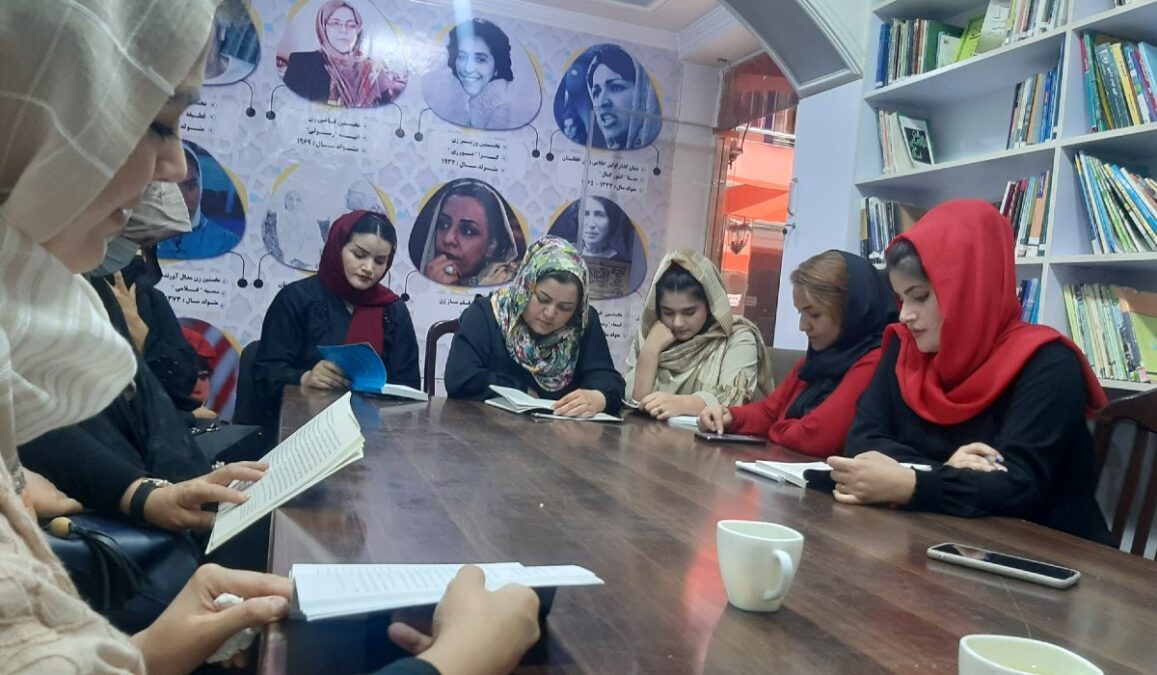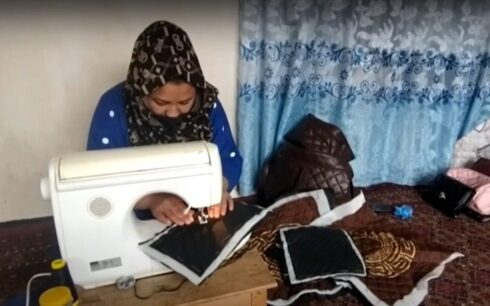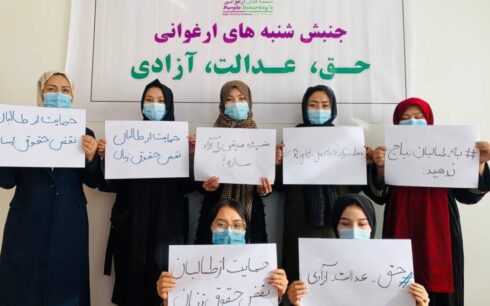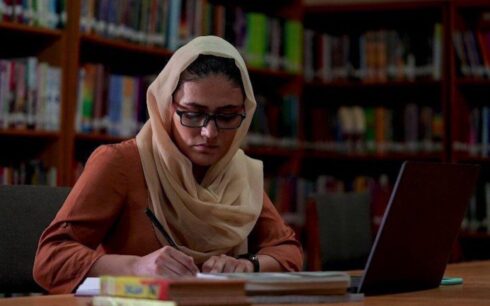This past Solar Year – 21 March 2022 to 20 March 2023 – was marred by an increasing number of restrictions for Afghan women and girls, imposed on them by the Taliban.
Among the major restrictions ushered in were the bans on them from getting a high school education, attending university, or attending higher education courses.
They were forced to wear full hijab – from head to toe – and ordered to only ever travel with a male guardian. In addition, the Taliban banned women from playing sports and visiting parks and restaurants and banned them from working for non-government organizations (NGOs).
The Taliban banned girls from schools above Grade 6 and forced them to stay at home.
The new academic year for this solar year started on Tuesday, two days earlier than in the past after the Nowruz holidays were canceled. Primary school girls were allowed to return to class, with certain conditions attached, but girls above Grade 6, are still banned from resuming their studies.
“We ask the Taliban to reopen schools for us as soon as possible and not leave us in the dark any longer,” said Maryam Khurami, an 11th-grade student in Takhar province.
Timeline of restrictions
The ban on girls attending high school was ushered in on 23 March last year and then followed by an order on 23 April that all private and public universities split classes for males and females and allow them access to campuses only on certain days. On the days that women were in class, male students were not allowed on campus and vice versa. Also, young male lecturers were barred from teaching women.
On May 6, the group forced all Afghan women and girls to wear a full hijab and black burqa that covers them from head to toe, allowing only their eyes to be visible. No female students were allowed to enter universities without wearing a black hijab.
On 19 May, the Taliban ushered in restrictions on Afghan media workers and forced female presenters to cover their faces with a mask during a TV program.
One and half months later, the group urged female employees of Taliban-run ministries to send their male guardians to the offices to take over their jobs – which led to the removal of all female staff in public administrations.
Trana Adib, a women’s rights activist, said that depriving women and girls of their rights has “terrible” consequences.
Taliban continue to suppress women protesters:
On 12 August last year, Afghan women held a demonstration in Kabul to call on the Taliban to reopen schools. The Taliban, however, disrupted the protest by shooting into the air.
Julia Parsi, a female protester, said that female protesters could raise their voices to the international community. The Taliban has since repeatedly arrested and imprisoned women who protested against the group across the country. Then in November 2022, the Taliban banned women from visiting parks and gyms and playing sports.
Last year, the Taliban also barred women from driving. The group’s authorities in western Herat province prohibited women from driving and stopped issuing licenses to them. According to reports, the order was given verbally to the traffic police chief of Herat province.
At the time, Herat had more female drivers than any other province.
Then in December the Taliban banned women and girls from getting any form of higher education and followed this up just days later with a ban on women working for NGOs.
Through the imposition of restrictions, the Taliban has undermined the last two decades of hard-won gains in women’s rights, and political, cultural, and social sectors – which has led to women’s systematic exclusion from society since the Taliban seized power.





